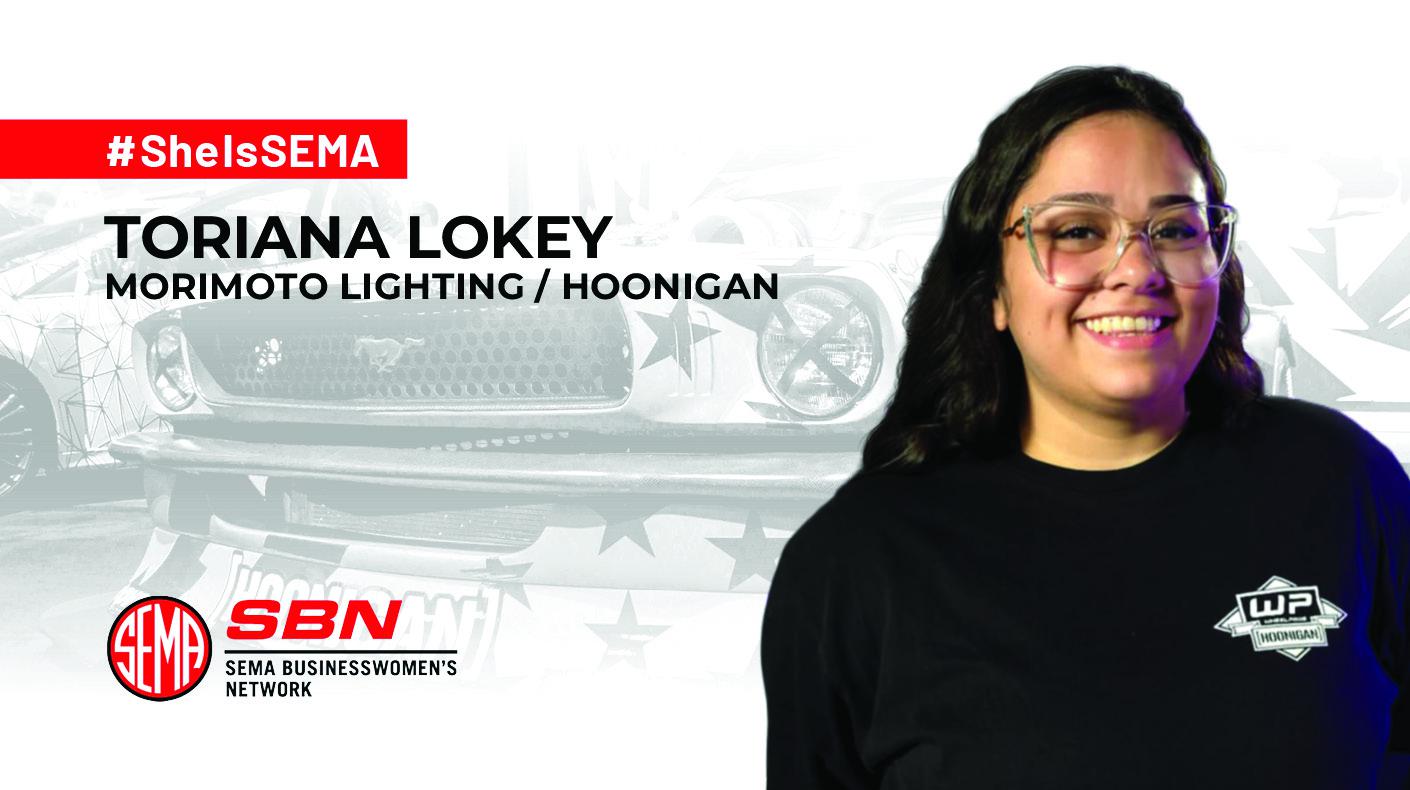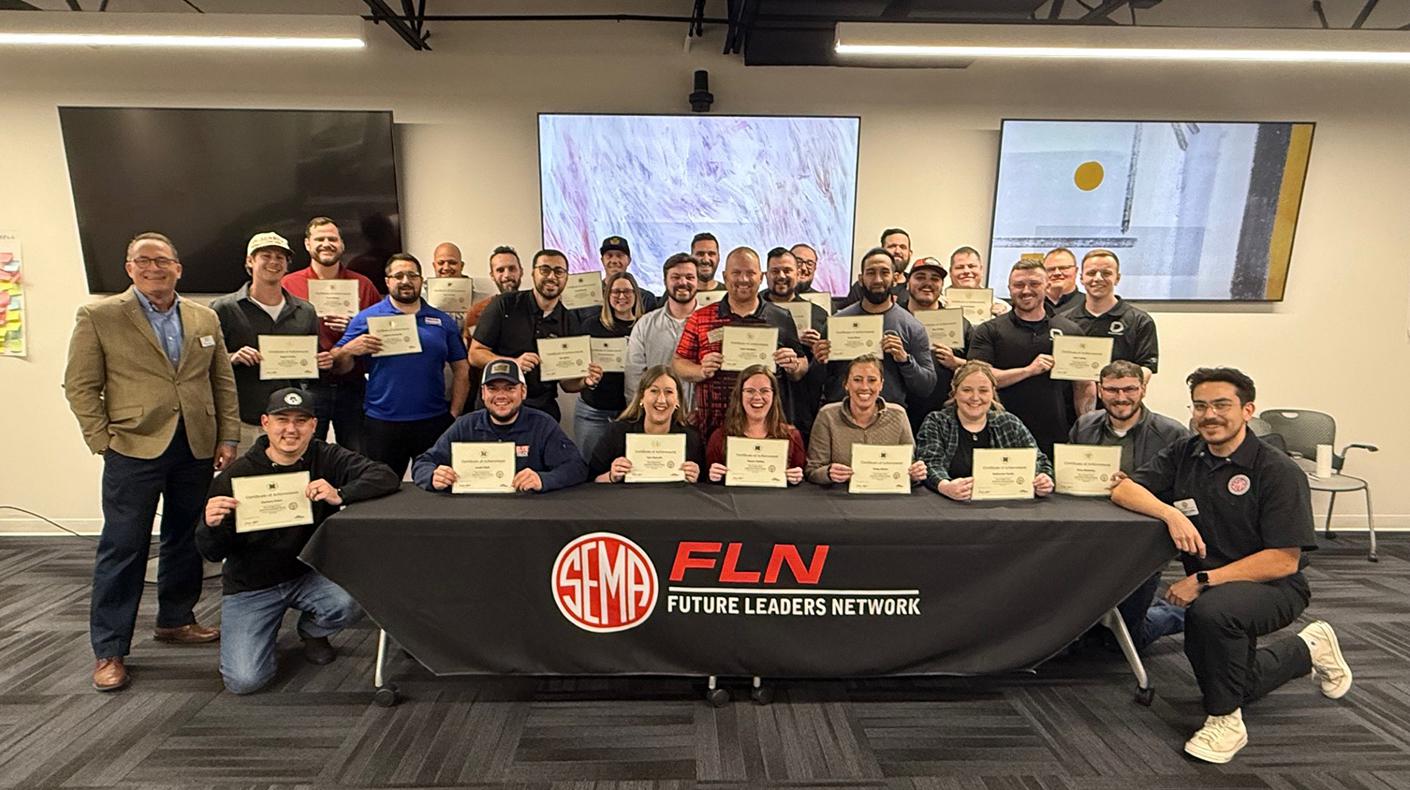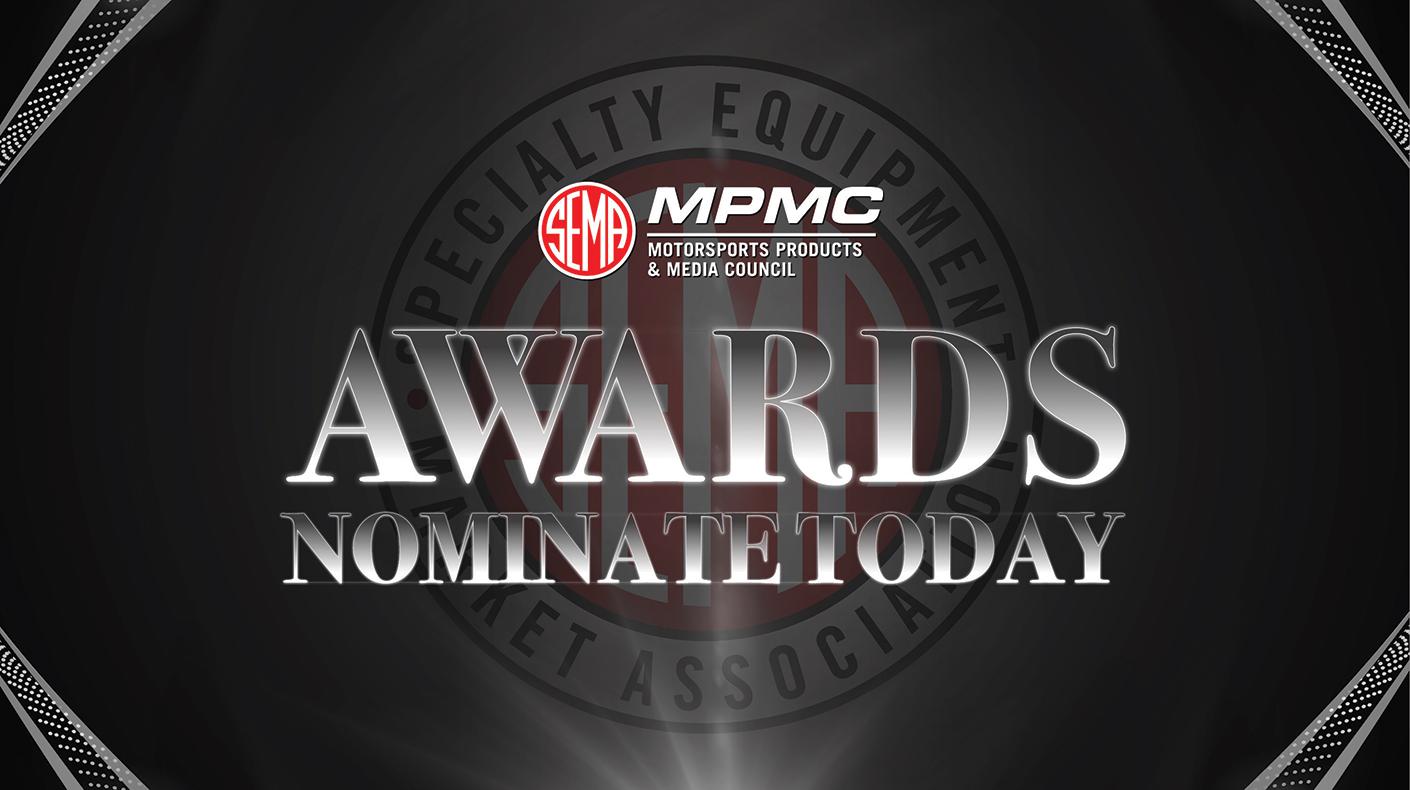By the SEMA Washington, D.C., office
The U.S. Supreme Court delivered a huge win for industries impacted by federal overreach. In its decisions in Loper Bright v. Raimondo and Relentless v. Commerce, the high Court has provided increased regulatory certainty to small businesses around the country, including specialty automotive aftermarket companies, that have been adversely impacted by federal regulatory overreach. The Court's decisions overturned what is known as the Chevron Doctrine, which adopted the principle that judges should defer to federal executive branch agencies' interpretations of their powers when the laws that Congress has written are ambiguous or have gaps so long as those interpretations are reasonable. The Court's decision affirms that agencies cannot take actions that are inconsistent with, or not supported by, the language of the laws passed by Congress.
These precedent-setting decisions will provide opportunities to revisit a wide array of regulations that affect so much of every day life--including issues that directly impact the specialty automotive aftermarket. For the last four decades, many energy, climate, health and safety regulations have been given deferential treatment in federal courts because of the Chevron Doctrine. During this time, federal agencies expanded the scope of regulations beyond congressional intent, which has adversely impacted small businesses that drive the U.S. economy.
This decision restores the checks and balances of our system of governance and rightly places authority back where it belongs: with the elected officials in Congress who are charged with drafting federal laws. The Supreme Court's decisions on these pivotal cases will help to reign in federal regulations where the executive branch has exceeded its statutory authority.
Questions? Contact Eric Snyder at erics@sema.org.





